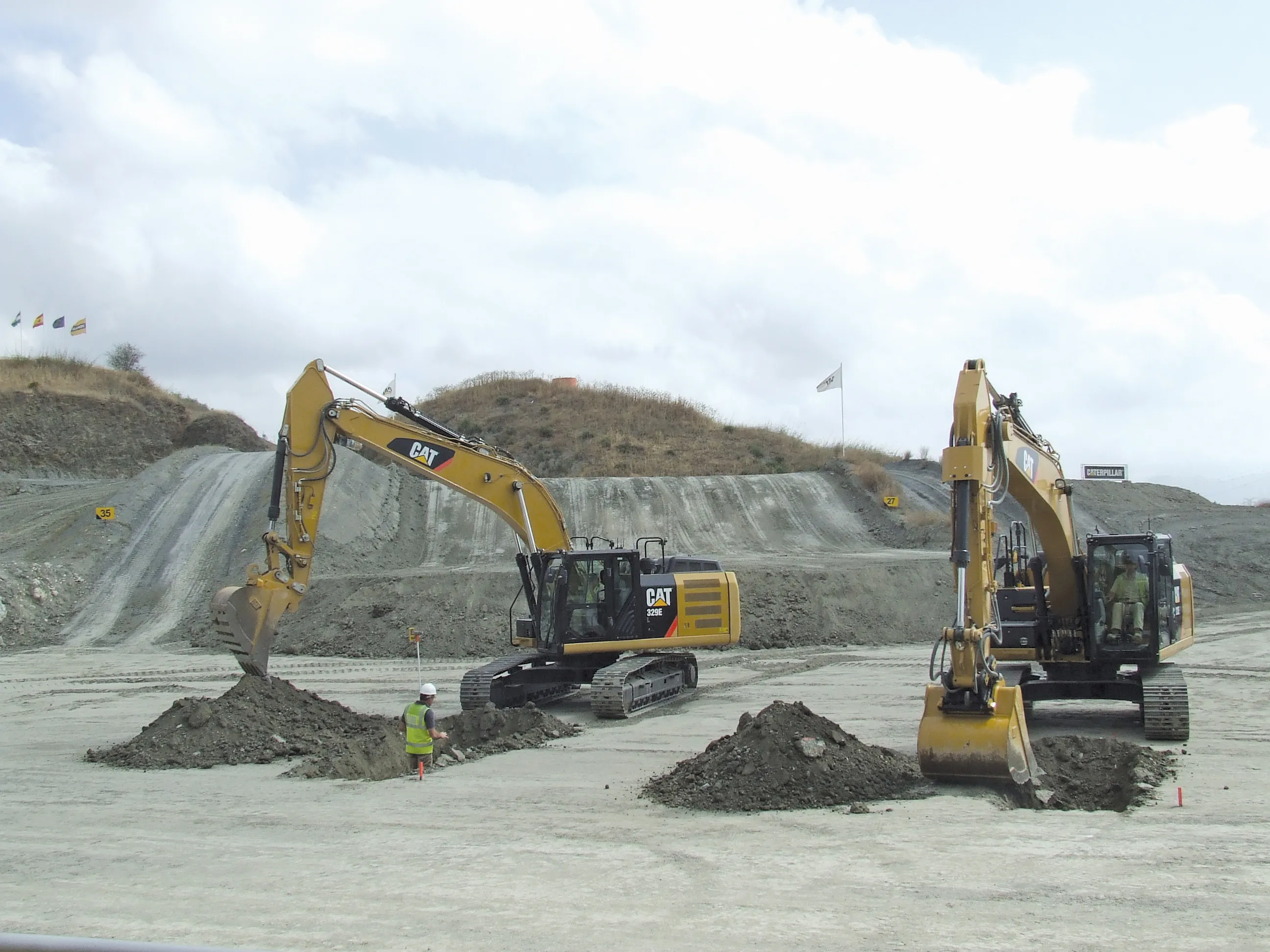
The UK Government has changed the laws allowing construction machines fuelled by hydrogen to be used on road. This will allow construction machines made by manufacturers including JCB to be driven on road.
The new statutory instrument allows hydrogen fuelled construction and agricultural machinery to use the public highway.
To mark the occasion, a hydrogen powered JCB digger was driven around London’s roads to mark the announcement and arrived at the Department for Transport.
Future of Roads Minister Lilian Greenwood said: “Today shows once again we are on the side of British business, as we now allow hydrogen-powered diggers and tractors to be legally driven on UK roads for the first time. We’re supporting the UK's Plan for Change by working closely with brilliant British companies like JCB to harness the opportunities of the net zero transition, driving innovation and creating jobs to put money in the pockets of hardworking people and secure our future.”
Lord Bamford said: “The JCB team has done amazing work to develop a hydrogen combustion engine. It has already been given resounding backing from our customers who have been evaluating the technology; they say it is simple to use and performs as well as diesel counterparts. We are delighted that the Government has now endorsed the use of hydrogen in machinery. There has been a lot of work to get to this point. It is truly a historic day for JCB and a milestone moment for the use of hydrogen as a zero-carbon fuel in the construction and agricultural machinery industries. We now have the legislation that allows hydrogen powered machines to drive on the road between sites and between farms.”
Lilian Greenwood signed the statutory instrument in early April to pave the way for an amendment to the Road Vehicles (Construction and Use) Regulations 1986 to enable the road use of hydrogen-fuelled non-road mobile machinery. Other hydrogen powered vehicles, including cars, buses and trucks were already permitted by law to use UK roads, but hydrogen-fuelled construction machinery could not.
JCB has invested more than £100 million to produce a range of super-efficient zero-emission hydrogen engines. TJCB has been operating prototype hydrogen-powered Loadall telescopic handlers, backhoe loaders and generators on sites near Birmingham and is now testing a range of equipment in partnership with rental companies and leading contractors across the UK.






